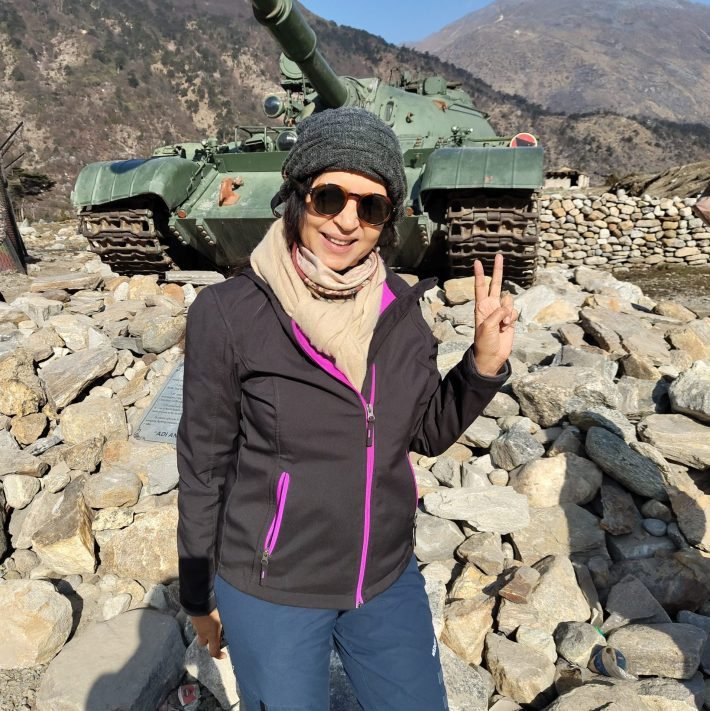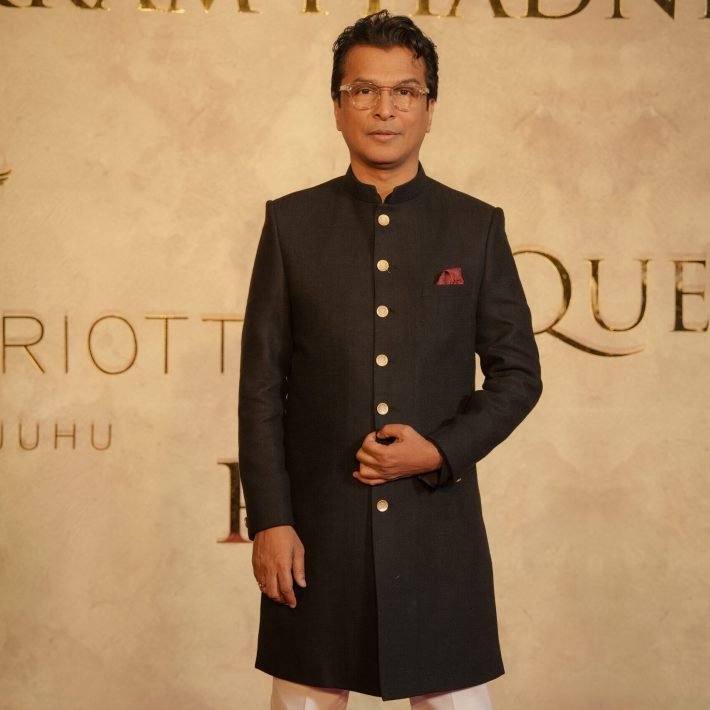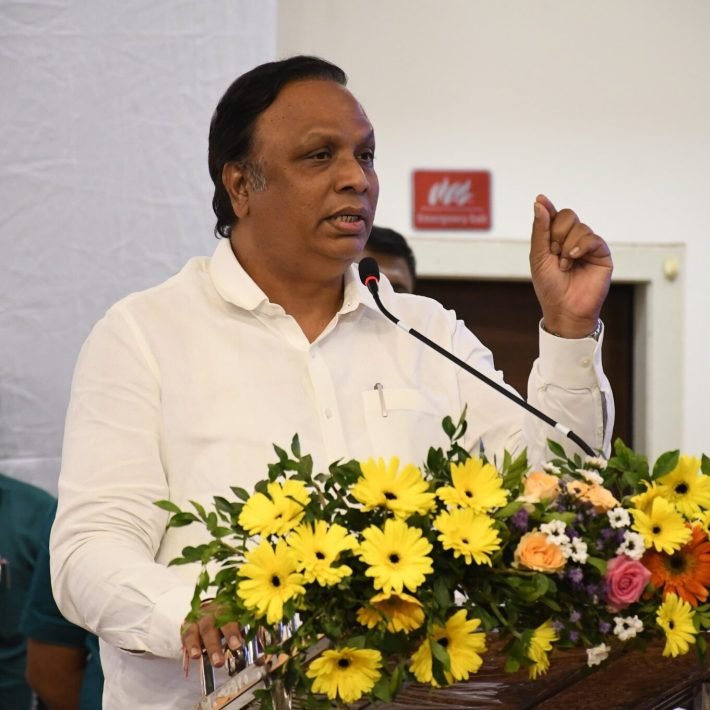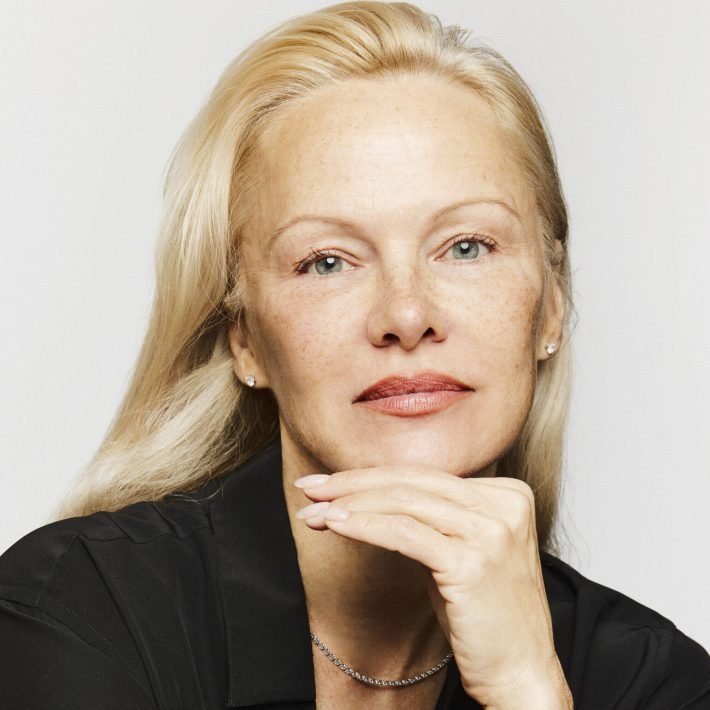Gita Gopinath’s rise is exemplary. Learn more about the first Deputy Managing Director of the International Monetary Fund (IMF), whose father had taught her multiplication using fruits.
By Nichola Marie
Earlier this month, two Indian-origin trailblazers met in Davos, Switzerland, at the 54th annual meeting of the World Economic Forum. Sharing an image of herself with Leena Nair – Chanel Global CEO, Gita Gopinath, the first Deputy Managing Director of the International Monetary Fund (IMF), wrote: “Great to finally meet Leena Nair. Only in Davos does an economist run into a fashion mogul.” Naturally, it was heartening to see “our girls” going places!
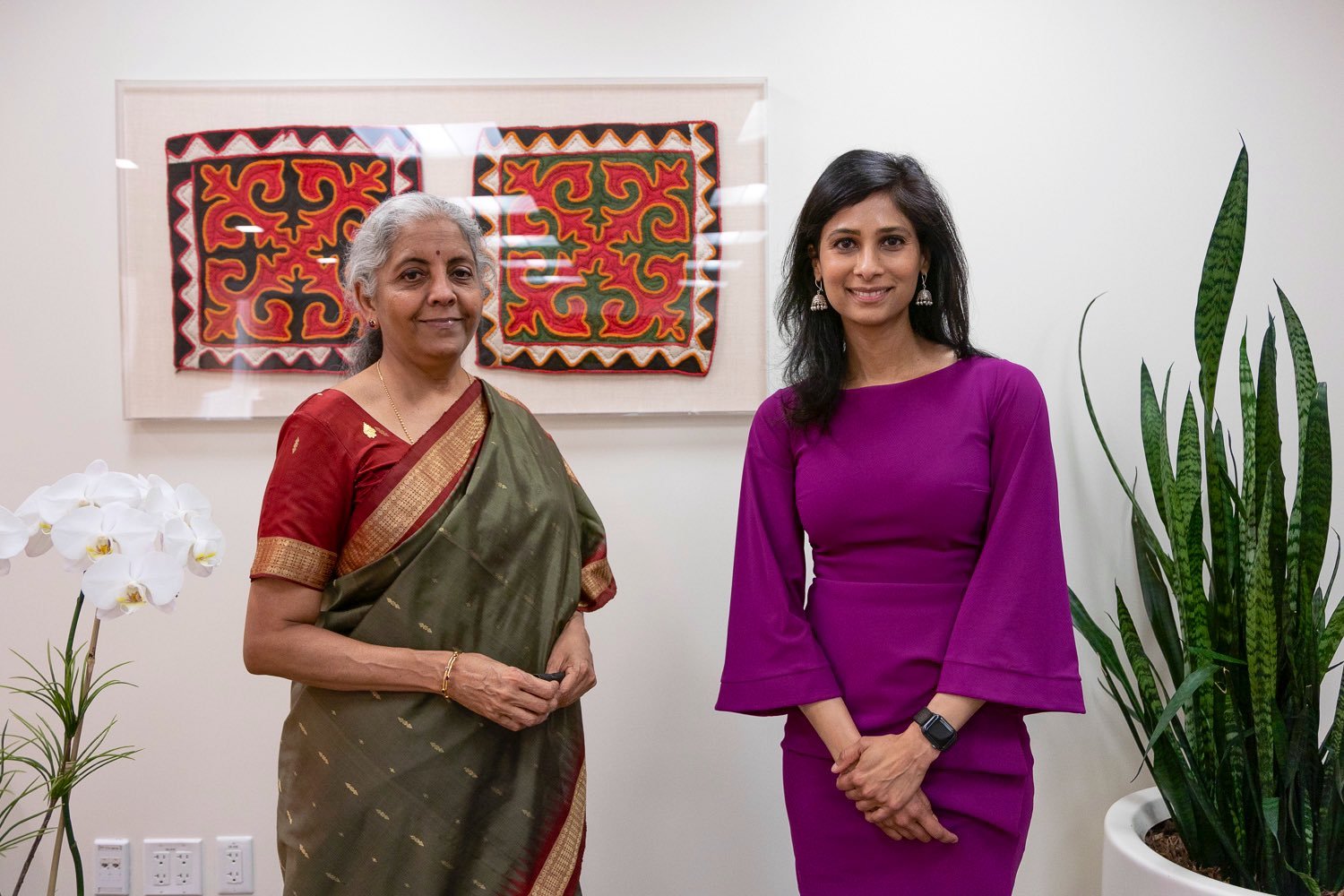
In 2018, Gopinath created history by becoming the first-ever woman Chief Economist of the IMF. It took her just three more years to break that record, by becoming the first Deputy Managing Director of the global fund. The India-born US national and overseas citizen of India, Gopinath has been admirably breaking the proverbial glass ceiling in her #2 position at the global organisation. The IMF, with its 190 member countries, works to achieve sustainable growth and prosperity by supporting economic policies that promote financial stability and monetary cooperation, which are essential to increase productivity, job creation, and economic well-being.
While assigning her the new role, IMF Managing Director Georgieva said that the pandemic has led to an increase in the challenges in the scope of macroeconomics in every country. “I believe that Gita — universally recognised as one of the world’s leading macroeconomists — has precisely the expertise that we need for the FDMD role at this point. Indeed, her particular skill set — combined with her years of experience at the Fund as Chief Economist — make her uniquely well qualified. She is the right person at the right time,” said Georgieva.
Responding to the news, Gopinath said, “Over the past three years I have had the opportunity to experience first-hand and be a part of the hugely important work done by the IMF at the intersection of rigorous economic analysis and public policy. It has been so gratifying to see the positive impact of our work on economies and on the lives of so many people worldwide. As the pandemic continues its grip on us, the work of the Fund has never been more critical and international cooperation never more important.”
Gopinath’s role sees her oversee the work of staff, represent the IMF at multilateral forums, maintain high-level contacts with member governments and board members, the media, and other institutions, lead the IMF’s work on surveillance and related policies, and oversee research and flagship publications. And she’s doing it all with aplomb.
From 2019-22, she served as the Chief Economist of the IMF, in the role of Economic Counsellor of the Fund and Director of its research department. She helmed 13 releases of the World Economic Outlook, including forecasts of the impact of the Covid-19 pandemic on the global economy. She co-authored the ‘Pandemic Paper’ on how to end the Covid-19 pandemic that set globally endorsed targets for vaccinating the world and led to the creation of the multilateral task force made up of the leadership of the IMF, World Bank, WTO, and WHO to help end the pandemic and the establishment of a working group with vaccine manufacturers to identify trade barriers, supply bottlenecks, and accelerate delivery of vaccines to low- and lower-middle income countries. She has also worked with other IMF departments to connect with policymakers, academics, and other stakeholders on a new analytical approach to help countries respond to international capital flows via the integrated policy framework. Gopinath also helped set up a climate change team inside the IMF to analyse, among other things, optimal climate mitigation policies.
Sound Credentials
Before joining the IMF, she was the John Zwaanstra Professor of International Studies and of Economics at Harvard University’s Economics Department (2005-22). Before that, she was an assistant professor of Economics at the University of Chicago’s Booth School of Business (2001-05). Her research, which focuses on International Finance and Macroeconomics, is widely cited and has been published in many top economics journals. She has also authored numerous research articles on exchange rates, trade and investment, international financial crises, monetary policy, debt, and emerging market crises.
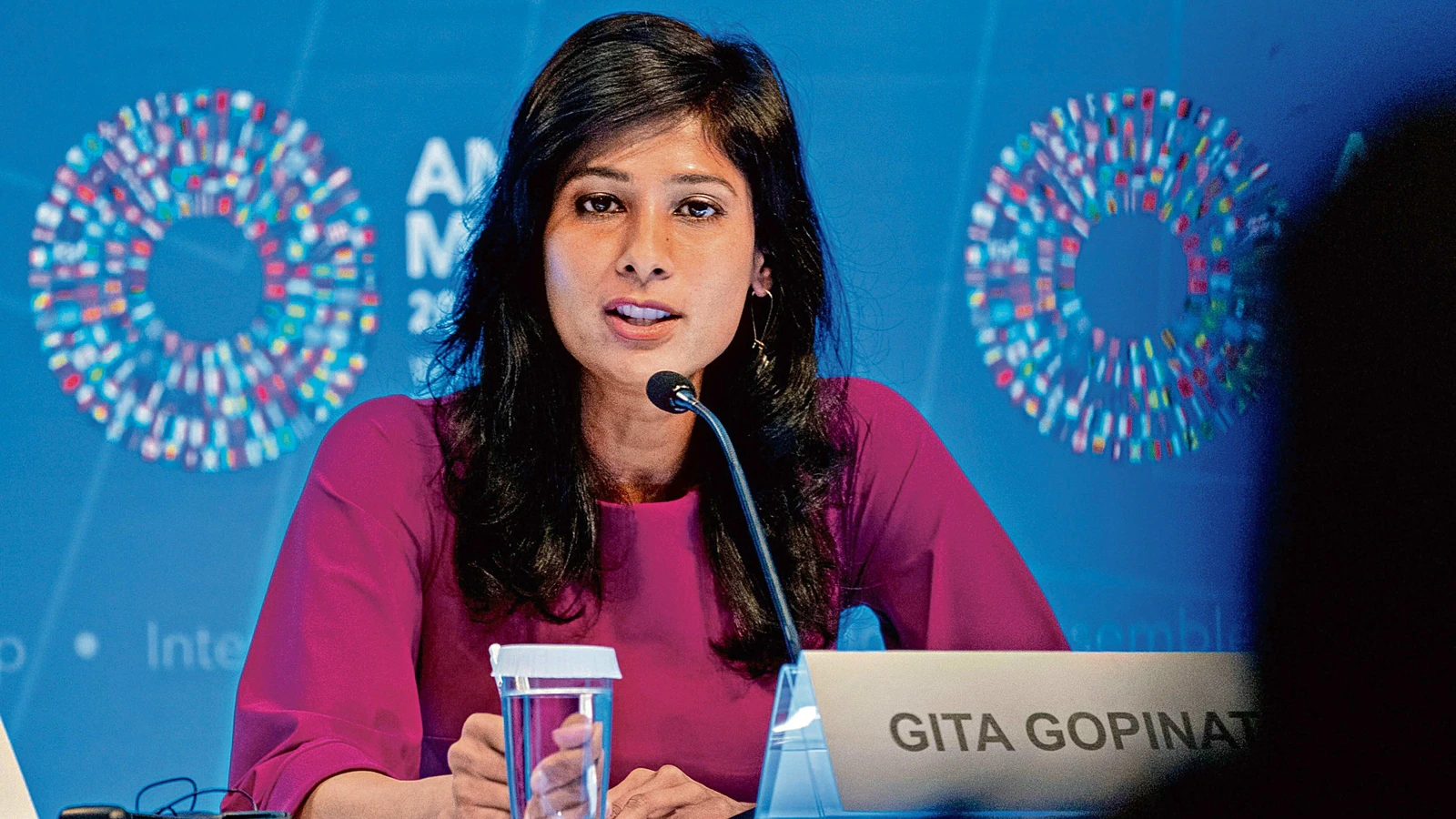
An elected fellow of the American Academy of Arts and Sciences and the Econometric Society, Gopinath is also a member of the Group of Thirty. She has previously served as the co-director of the International Finance and Macroeconomics programme at the National Bureau of Economic Research (NBER), a member of the economic advisory panel of the Federal Reserve Bank of New York, and a visiting scholar at the Federal Reserve Bank of Boston. She is the co-editor of the current Handbook of International Economics and was earlier the co-editor of the American Economic Review and managing editor of the Review of Economic Studies.
Simple Indian Roots
Born on December 8, 1971, in Kolkata, India, in a Malayali Hindu family, she is the younger of two daughters of TV Gopinath, a farmer and entrepreneur, and VC Vijayalakshmi from Kannur. Her family is related to the well-known Indian communist politician, the late AK Gopalan.
Schooled at Nirmala Convent School in Mysore, she was something of a late bloomer in school. As her father had revealed in an interview with ‘The Week’, “The girl who used to score 45% till class seven, started scoring 90%. I never asked my kids to study and had not put any restrictions on them. Their friends came home, stayed over to study and play. Till SSLC, both my girls used to go to bed by 7.30 p.m. and wake up early. After school, Gita joined Mahajana PU College in Mysore, and pursued science. Later, though her marks were good enough for engineering and medicine, she decided to do BA (Hons) in Economics.”
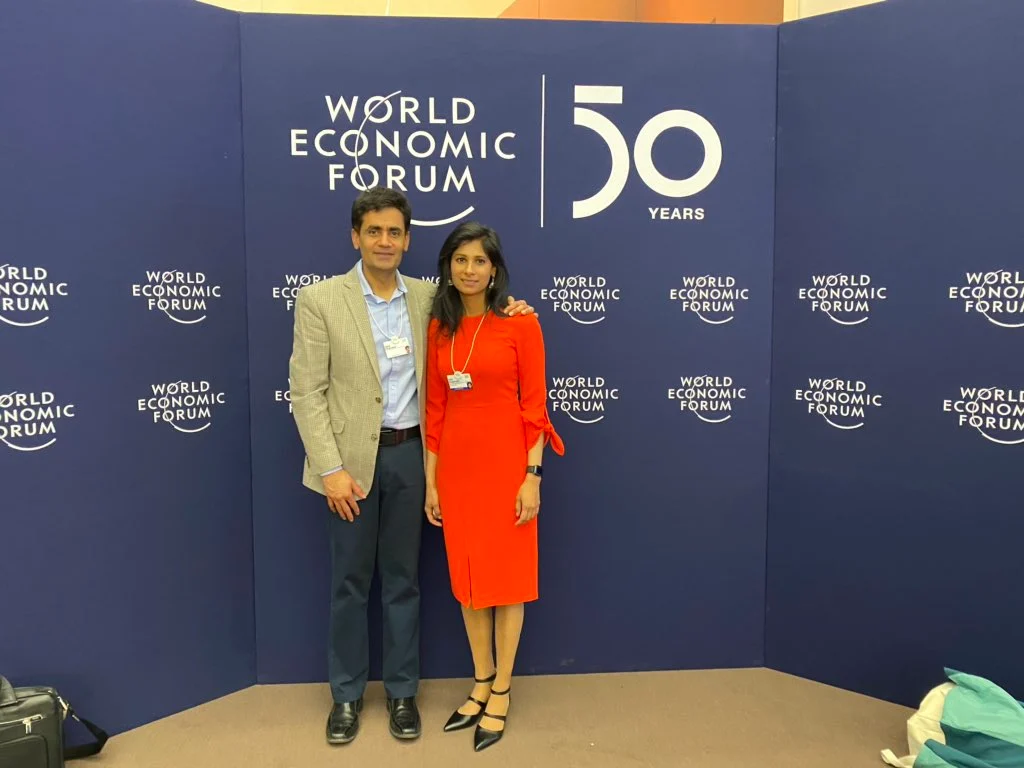
Interestingly, it was her father who uniquely taught her multiplication. Fruits would be brought to the table and he would teach her how to multiply using them. Later on, she tried her hand at the guitar and also walked the ramp, but after receiving her BA degree from Lady Shri Ram College for Women of the University of Delhi in 1992, she chose to devote all her energies to joining the Delhi School of Economics, University of Delhi, after completing her graduation. Earning her MA degree in 1994, she further completed an MA degree at the University of Washington in 1996. She nursed intentions of joining the IAS; however, in 2001, she decided to let go of this target, to instead join the University of Washington, Seattle, for a fully funded PhD programme of five years. She moved to the University of Princeton, completing the degree in 2001. Her doctoral dissertation titled ‘Three Essays on International Capital Flows: A Search Theoretic Approach’ was completed under the supervision of Ben Bernanke, Kenneth Rogoff and Pierre-Olivier Gourinchas. She was awarded the Princeton’s Woodrow Wilson Fellowship Research award while doing her doctoral research at Princeton. She would later join as an assistant professor at the University of Chicago. Moving to Harvard to become a tenured professor in 2010, she would return to Harvard as a professor after her stint as the Chief Economist at IMF.
Honours Galore
Gopinath has received numerous awards and commendations. In 2021, ‘Financial Times’ named her among the ‘25 most influential women of the year’, the International Economic Association named her the Schumpeter-Haberler Distinguished Fellow, the Agricultural & Applied Economics Association recognised her with the John Kenneth Galbraith Award, and the Carnegie Corporation named her among ‘Great (American) Immigrants’. She was named among the Bloomberg ‘50 People Who Defined 2019’, a ‘Top Global Thinker’ by Foreign Policy, and among the ‘Women who Broke Major Barriers to Become Firsts’ by ‘Time’ magazine.
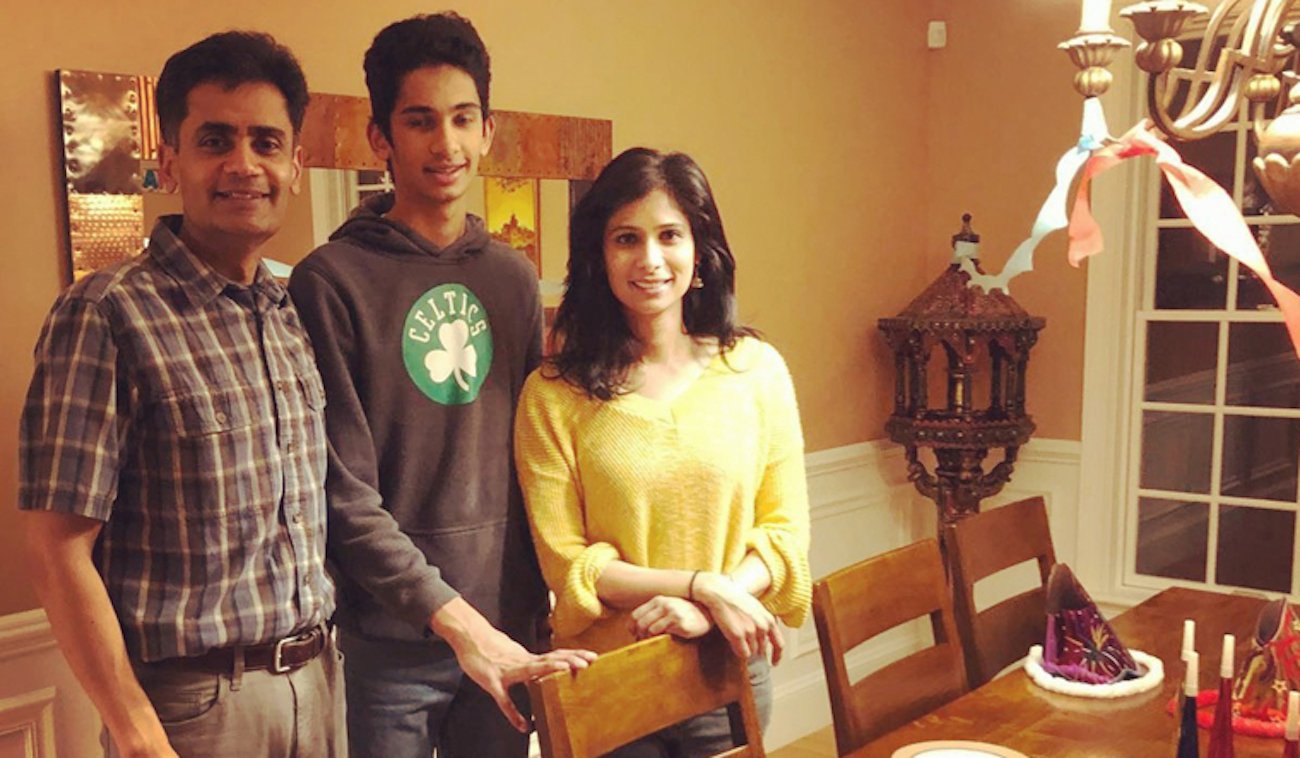
Recipient of the Pravasi Bharatiya Samman, the highest honour conferred on overseas Indians by the Government of India, she has also been conferred with the Distinguished Alumnus award from the University of Washington. The IMF named her one of the ‘Top 25 Economists Under 45’ in 2014, she was chosen as one of the ‘25 Indians to Watch’ by the ‘Financial Times’ in 2012, and she was selected as a Young Global Leader by the World Economic Forum in 2011.
She is married to Amritsar-born Iqbal Singh Dhaliwal, her classmate from the Delhi School of Economics. Head boy in school, topper in UPSC CSE, a gold medallist at the National Academy of Administration and the Dean’s Fellowship at Princeton, Dhaliwal works as a global executive director of Abdul Latif Jameel Poverty Action Lab (J-PAL), co-founded by Abhijit Banerjee and Esther Duflo who remained the winners of the 2019 Nobel Prize in Economics. They have a son, Rahil, born in 2002.
AI Matters

Exploring the transformative influence of Artificial Intelligence (AI) on the global economy in an interview at the World Economic Forum summit in Davos, Switzerland, Gita Gopinath shared insights from a comprehensive study conducted by the IMF. An estimated 40% of jobs globally are susceptible to the influence of AI. However, this percentage varies across countries, with the United States facing a higher risk at 60%, and India experiencing a comparatively lower risk at 30%, primarily due to a significant workforce engaged in the agricultural sector, less affected by AI, she pointed out. She underscored the importance of distinguishing between those who benefit from AI, becoming more productive, and those who might face job displacement.


